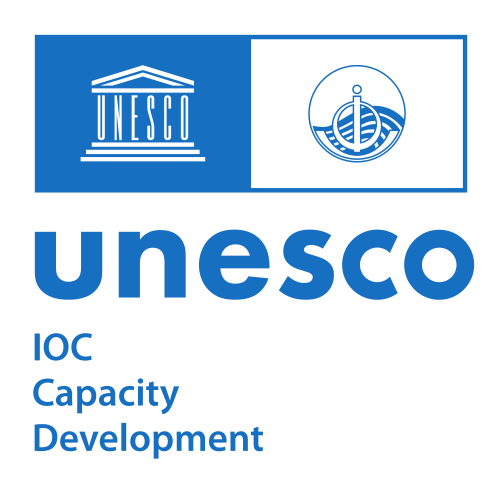As instructed by the 30th Session of the IOC Assembly (2019) the IOC GE-CD has implemented the revised 2020 survey. The 2020 survey decided to expand overall the scope of CD stakeholder groups (while the first survey focused on researchers, academic and IOC contacts only) as follows:
- IOC focal points,
- IOC CD focal points
- Ocean researchers and research service providers (including heads of institution, data centre staff)
- Academic staff (Higher Education Institution lecturers as well as Learning Services Provider staff)
- Students (at Higher Education Institution)
- Local government officials (including councils, national park authorities)
- National government officials
- Policy-makers (senior government officials)
- Industry (using, extracting and/or developing ocean resources)
- Private sector operating in coastal zone (e.g. hoteliers, developers)
- NGOs (e.g. environmental, etc.)
Widening the scope of stakeholders is providing additional information on the expertise available in the countries – especially in relation to the IOC-UNESCO Global Ocean Science Report, and on capacity gaps (human, infrastructure, coordination, communication and policy). It is anticipated that the second survey will enhance opportunities for closer coordination and cooperation between the various stakeholder communities, with the aim of reinforcing and optimizing national and regional capacities.
The online survey was opened on 2 September 2020 and closed in February 2021. This web site provides the results of the survey. To access results for each question click in the top menu on “2020 Survey”, then select the relevant stakeholder group. A regional analysis was also included to report on the regional capacity development requirements, including the perspectives of respondents who accomplished the survey on official capacity as representatives of their organization/company/institution as well as individuals on personal capacity.
The following stakeholder groups are available:
(i) IOC Focal Points
(ii) IOC CD Focal Points
(iii) Ocean researchers and research service providers
(iv) Academic staff
(v) Students
(vi) Local government officials
(vii) National government officials
(viii) Policy-makers
(ix) Industry
(x) Private sector
(xi) NGOs
